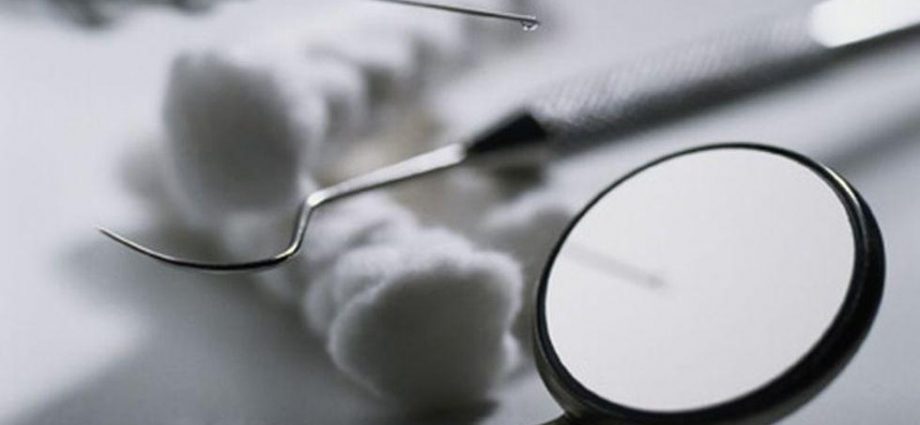WEDNESDAY, June 12, 2024 (HealthDay News) — Older women with chronic kidney disease might wind up losing so many teeth they aren’t able to chew and talk effectively, a new study warns.
Postmenopausal women with kidney disease are about 40% more likely to have fewer than 20 teeth, the minimum number needed to adequately chew and speak, researchers reported June 12 in the journal Menopause.
This sort of tooth loss is also associated with an increased risk of stroke and other systemic illnesses like diabetes, thyroid disease and osteoporosis, researchers noted.
“Our findings suggest that preventing and managing mineral and bone metabolism disorders in postmenopausal women with chronic kidney disease are crucial to prevent tooth loss,” concluded the research team led by Dr. Ki-Ho Chung, an associate professor with Chonnam National University School of Dentistry in South Korea.
The kidneys play a critical role in health by filtering waste products and toxins from the blood, researchers explained in background notes.
Kidney function tends to decrease after menopause, and is associated with declining levels of female hormones in women who’ve gone through menopause.
For this study, researchers analyzed health records for nearly 65,000 South Korean women ages 40 to 79.
They found that the ability of the kidneys to effectively filter blood is associated with the number of teeth a woman has in her mouth.
Adults have 32 permanent teeth, but women with poorly functioning kidneys were at increased risk of having fewer than 20, results show. This was particularly true in women ages 66 to 79.
Researchers noted that chronic kidney disease can significantly affect bone health and mineral metabolism, both of which can contribute to tooth loss.
Inflammation and decreased salivation caused by kidney disease also could promote tooth loss, they added. Salivation is important to dental health, while inflammation plays a role in gum disease and bone health.
“This study highlights the known link between chronic kidney disease and bone metabolism,” said Dr. Stephanie Faubion, medical director for The Menopause Society.
“Increased attention to oral and bone health is warranted in postmenopausal women with chronic kidney disease, in addition to meticulous efforts aimed at preserving kidney function. Conversely, oral health is a window to overall health, and good oral hygiene is important for women of all ages,” Faubion added in a society news release.
More information
Harvard Medical School has more about tooth loss.
SOURCE: The Menopause Society, news release, June 12, 2024
Copyright © 2026 HealthDay. All rights reserved.

